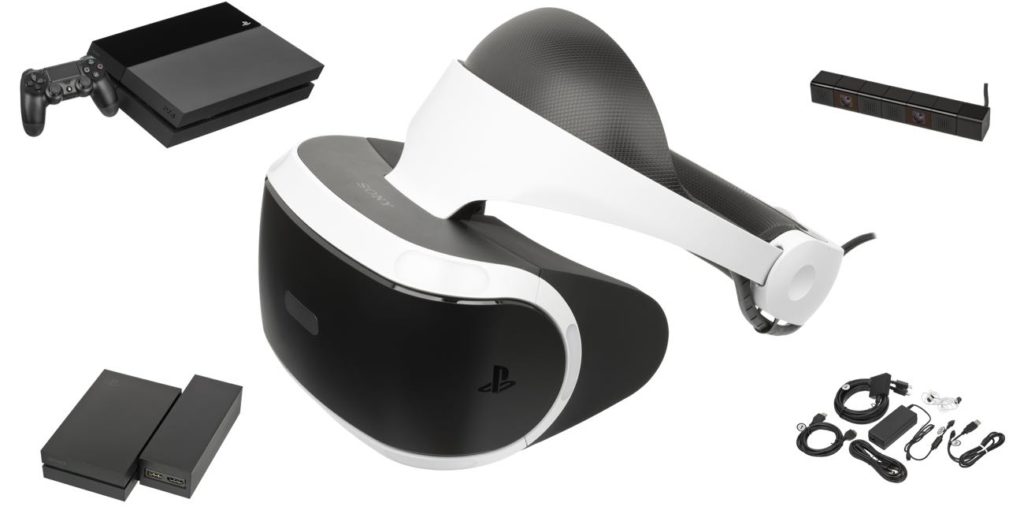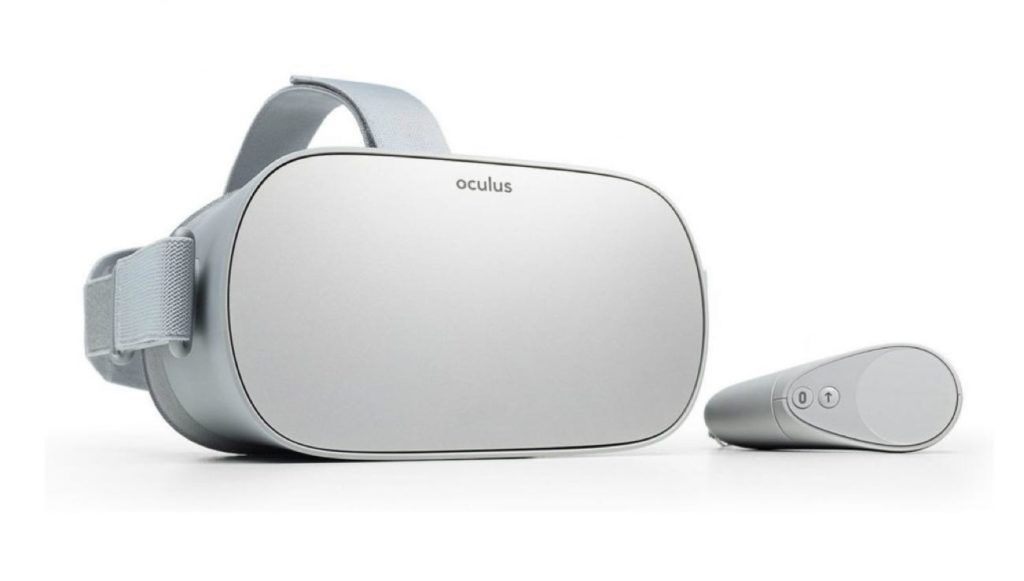From Stratechery:
Facebook, believe it or not, has actually made virtual reality better, at least from one perspective.
My first VR device was PlayStation VR, and the calculus was straightforward: I owned a PS4 and did not own a Windows PC, which means I had a device that was compatible with the PlatStation VR and did not have one that was compatible with the Oculus Rift or the HTC Vive.
I used it exactly once.
The problem is that actually hooking up the VR headset was way too complicated with way too many wires, and given that I lived at the time in a relatively small apartment, it wasn’t viable to leave the entire thing hooked up when I wasn’t using it. I did finally move to a new place, but frankly, I can’t remember if I unpacked it or not.
Then, earlier this year, Facebook came out with the Oculus Go.
The Go sported hardware that was about the level of a mid-tier smartphone, and priced to match: $199. Critically, it was a completely standalone device: no console or PC necessary. Sure, the quality wasn’t nearly as good, but convenience matters a lot, particularly for someone like me who only occasionally plays video games or watches TV or movies. Putting on a wingsuit or watching some NBA highlights is surprisingly fun, and critically, easy. At least as long as I have the Go out of course, and charged. It’s hard to imagine giving it a second thought otherwise.
The Virtual Reality Niche
That is the first challenge of virtual reality: it is a destination, both in terms of a place you go virtually, but also, critically, the end result of deliberative actions in the real world. One doesn’t experience virtual reality by accident: it is a choice, and often — like in the case of my PlayStation VR — a rather complicated one.
That is not necessarily a problem: going to see a movie is a choice, as is playing a video game on a console or PC. Both are very legitimate ways to make money: global box office revenue in 2017 was $40.6 billion U.S., and billions more were made on all the other distribution channels in a movie’s typical release window; video games have long since been an even bigger deal, generating $109 billion globally last year.
Still, that is an order of magnitude less than the amount of revenue generated by something like smartphones. Apple, for example, sold $158 billion worth of iPhones over the last year; the entire industry was worth around $478.7 billion in 2017. The disparity should not come as a surprise: unlike movies or video games, smartphones are an accompaniment on your way to a destination, not a destination in and of themselves.
That may seem counterintuitive at first: isn’t it a good thing to be the center of one’s attention? That center, though, can only ever be occupied by one thing, and the addressable market is constrained by time. Assume eight hours for sleep, eight for work, a couple of hours for, you know, actually navigating life, and that leaves at best six hours to fight for. That is why devices intended to augment life, not replace it, have always been more compelling: every moment one is awake is worth addressing....MUCH MORE

